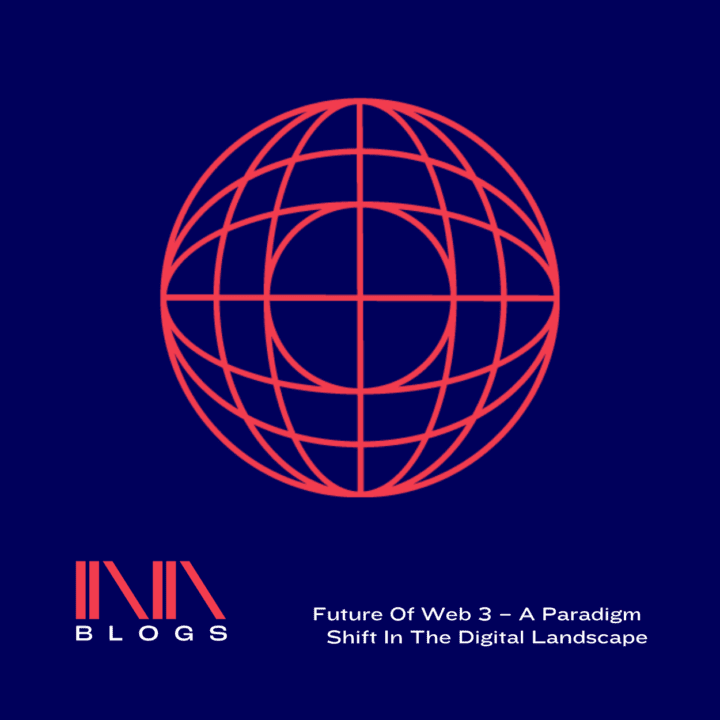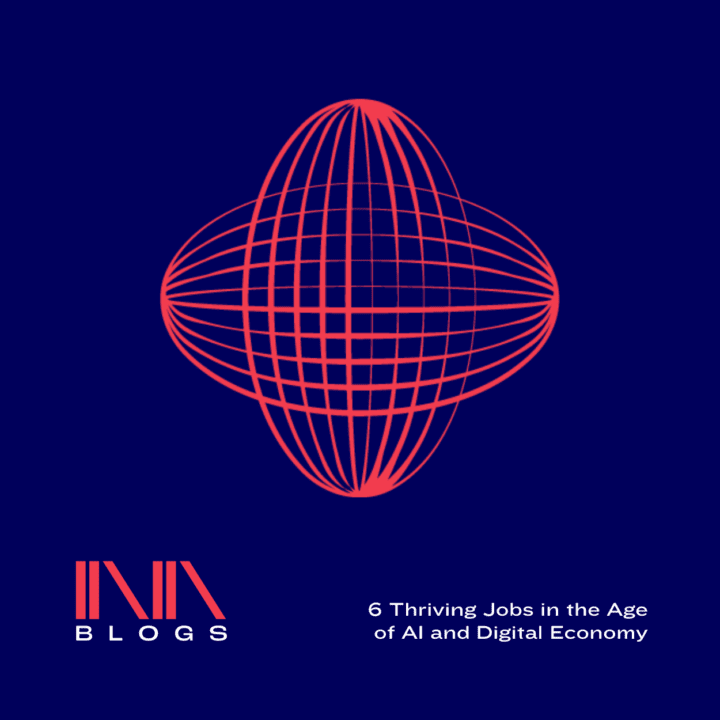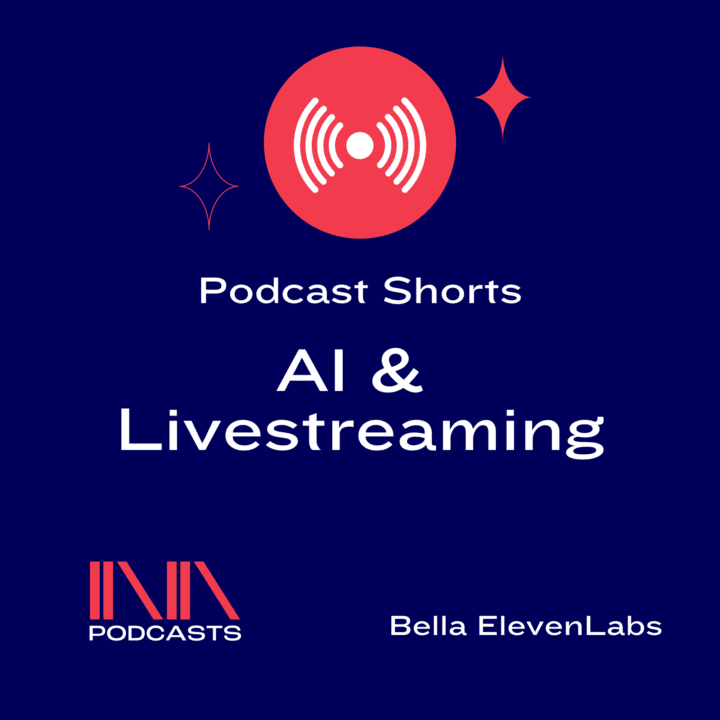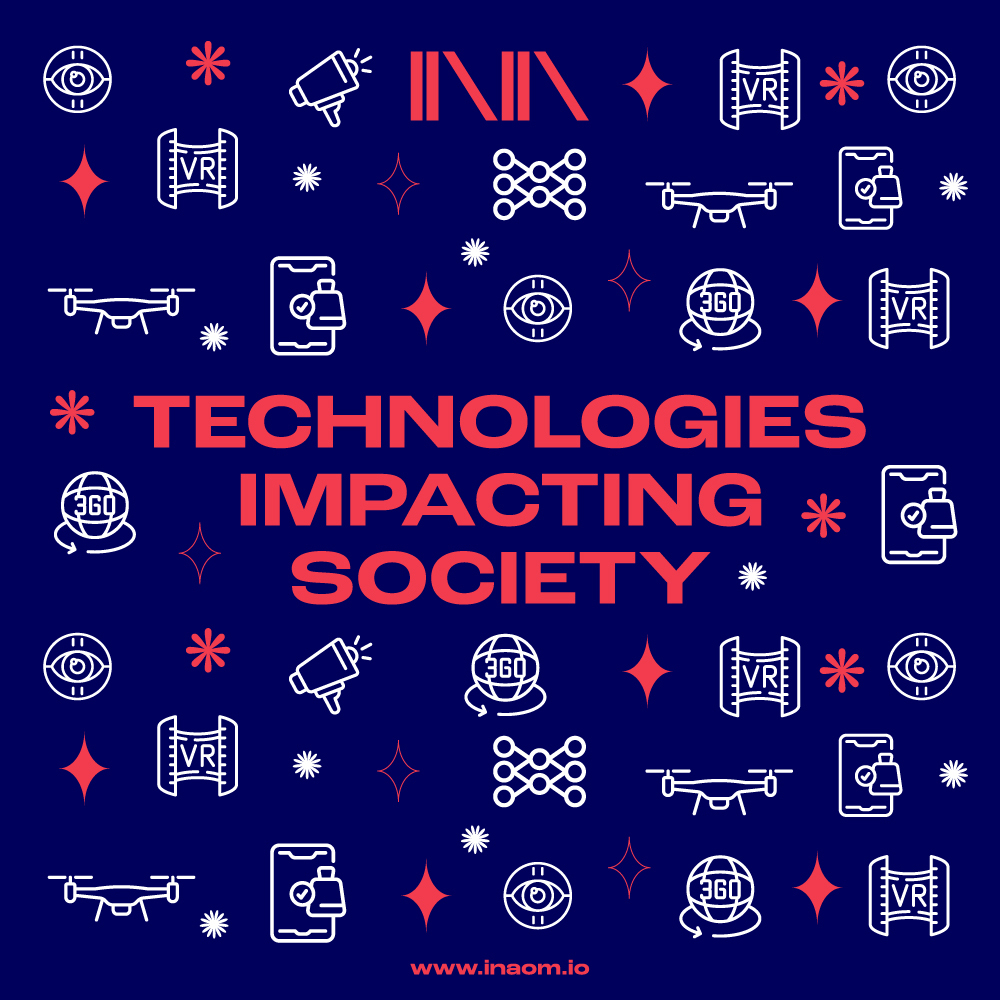Welcome to the Technologies Impacting Society Podcast, the show where we explore the latest trends in digital technology and its impact on our society and how it is changing us. I’m your host, Ina O’ Murchu, and today we’re diving into a topic that’s been making recent waves is The Digital Economy.
In today’s fast-paced world, keeping a podcast short and sweet is crucial, as everyone today is finding themselves pressed for time.By condensing content into concise and engaging episodes, I get to respect your time while delivering some valuable insights – I’m hoping! Also that brevity can be this podcast’s secret weapon, ensuring that even in your busy life, there’s always room for a quick, insightful, and enjoyable listen whilst on the move, especially with the current exponential change right now.
In recent years, the global economy has undergone a profound transformation, with the digital economy at its forefront. The rise of digital technologies, coupled with the widespread adoption of the internet, has ushered in an era of unprecedented change in the way we do business, work, and live. As we look ahead, several key trends and developments are likely to shape the digital economy in the coming years.
1. **Increased Connectivity**: The digital economy will continue to be driven by the proliferation of internet-connected devices. With the rollout of 5G networks and the expansion of IoT (Internet of Things) devices, our world will become even more interconnected. This connectivity will enable real-time data sharing, automation, and innovation across various industries.
2. **E-commerce Dominance**: Online shopping has already become a significant part of the global economy, and it will only grow further. The convenience of e-commerce, along with advancements in logistics and payment systems, will continue to drive its expansion. Traditional brick-and-mortar retailers will need to adapt or risk being left behind.
3. **Remote Work and Gig Economy**: The pandemic accelerated the shift toward remote work, and this trend is expected to persist. Many jobs can now be performed from anywhere, allowing for greater flexibility and access to a global talent pool. Additionally, the gig economy will continue to grow, providing opportunities for freelancers and independent contractors.
4. **Artificial Intelligence (AI) and Automation**: AI and automation will play an increasingly significant role in the digital economy. These technologies will streamline processes, reduce costs, and improve efficiency across various industries. However, they also raise concerns about job displacement and the need for upskilling the workforce.
5. **Data Privacy and Security**: With the increasing amount of personal data being generated and shared online, concerns about data privacy and security will remain paramount. Governments and organisations will need to prioritise data protection and implement robust cybersecurity measures to build trust among consumers and partners.
6. **Digital Currencies**: Cryptocurrencies and digital payment systems are gaining traction as alternatives to traditional banking and finance. Central bank digital currencies (CBDCs) are being explored by many countries, potentially reshaping the way we conduct financial transactions.
7. **Sustainability and Green Tech**: As the digital economy expands, so do concerns about its environmental impact. Efforts to reduce carbon footprints and promote sustainability will become more pronounced. Green technologies, such as renewable energy and energy-efficient computing, will play a crucial role in this endeavour.
8. **Regulation and Governance**: Governments around the world are grappling with the need to regulate the digital economy effectively. Striking a balance between fostering innovation and protecting consumers will be an ongoing challenge, leading to evolving regulatory frameworks.
9. **Innovation and Disruption**: The digital economy is synonymous with innovation and disruption. Startups and tech giants alike will continue to introduce new products and services, reshaping traditional industries and creating opportunities for those who can adapt and stay ahead of the curve.
In conclusion, the digital economy is poised for continued growth and transformation. While the future promises incredible opportunities and benefits, it also presents challenges that require careful navigation. Staying informed, adaptable, and technologically literate will be essential for individuals and organisations looking to thrive in this ever-evolving landscape. The digital economy is not a destination but a journey, and as it unfolds, it will shape the way we live and work in ways we can only begin to imagine.
Be sure to subscribe, please leave a review, and share this episode with your friends. Stay tuned for more discussions on how technology is impacting today’s society.










